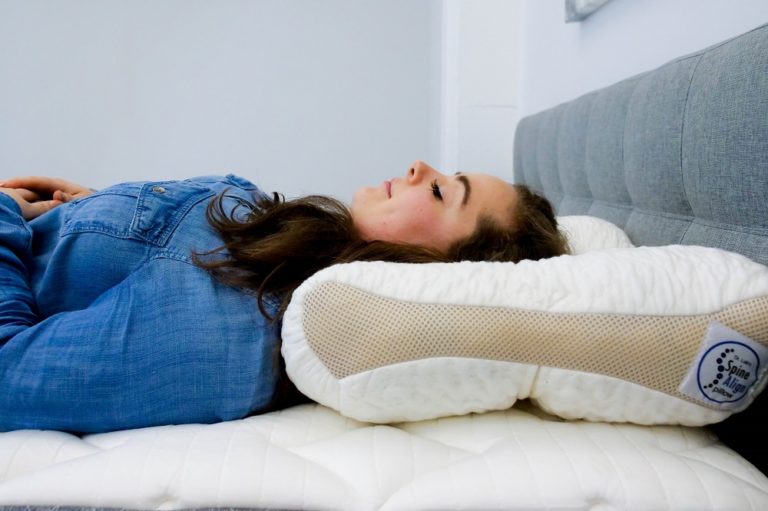

Are you getting restful sleep most of the time?įor most people with KOA, nights of uninterrupted, refreshing sleep can be few and far between. Here are four questions and topics to consider if you have knee osteoarthritis. If you don’t feel rested when you wake up in the morning, it could be a good time to check in with yourself, your partner, and your doctor to explore ways you can improve your sleep and start feeling better. Related: Poor Sleep Changes Brain's Pain Response Reality Check: Key Questions to Ask Yourself About KOA Did your restless sleep lead to depression, which then kept you from exercising? Or did your knee pain keep you from being active, which led to weight gain and feeling down? If your health goals for managing KOA have gotten off track, you may be unsure of where to focus your energy. What Is Preventing You From Sleeping Well and Exercising Regularly? Primary OA is caused by normal aging and gradual wear and tear on your joints, whereas secondary OA is preceded by another health condition or injury, such as obesity, gout, or rheumatoid arthritis. Half of all adults will develop symptoms of knee osteoarthritis in their lifetime. Osteoarthritis (OA) is the most common chronic condition of the joints, according to the Arthritis Foundation. “They try to get out of the house every day and do something.” “The people with KOA who do best stay active and involved in their family, community, and work,” says Abigail Gilbert, MD, an assistant professor of medicine at the University of North Carolina Thurston Arthritis Research Center in Chapel Hill. Related: What Happens to You When You Don't Sleep On the other side, if you have more pain, you may move less, sleep poorly, and feel down. If your physical activity and sleep improve, that often leads to improved spirits and less pain. Sleep, physical activity, arthritis pain, and your mood are all interconnected. If one component of your health begins to decline, it can negatively impact many others and keep you from thriving.

These kinds of injections are well-established treatments, but the results can vary from patient to patient.Living with knee osteoarthritis (KOA) can sometimes feel like managing a delicate ecosystem. Injections of hyaluronic acid (found naturally in healthy joints) can also be used to provide temporary relief, while anesthetics with an anti-inflammatory ingredient (commonly cortisone) may help to relieve the pain by numbing the knee or hip. However, the long-term nature of OA means that taking stronger medication over a long period of time may lead to unwanted side-effects, something that needs consideration. Pain can gradually get worse as the OA progresses, so sometimes stronger medication are prescribed. These include aspirin-free pain relievers (paracetamol), anti-inflammatory medication and creams (Ibuprofen, Naproxen, Diclofenac), corticosteroids (steroids may help control inflammation) and sleeping pills. There are a number of prescription drugs and common over-the-counter-medicines that can help.

Medication is used primarily to control the symptoms of knee and hip OA, especially the pain.


 0 kommentar(er)
0 kommentar(er)
